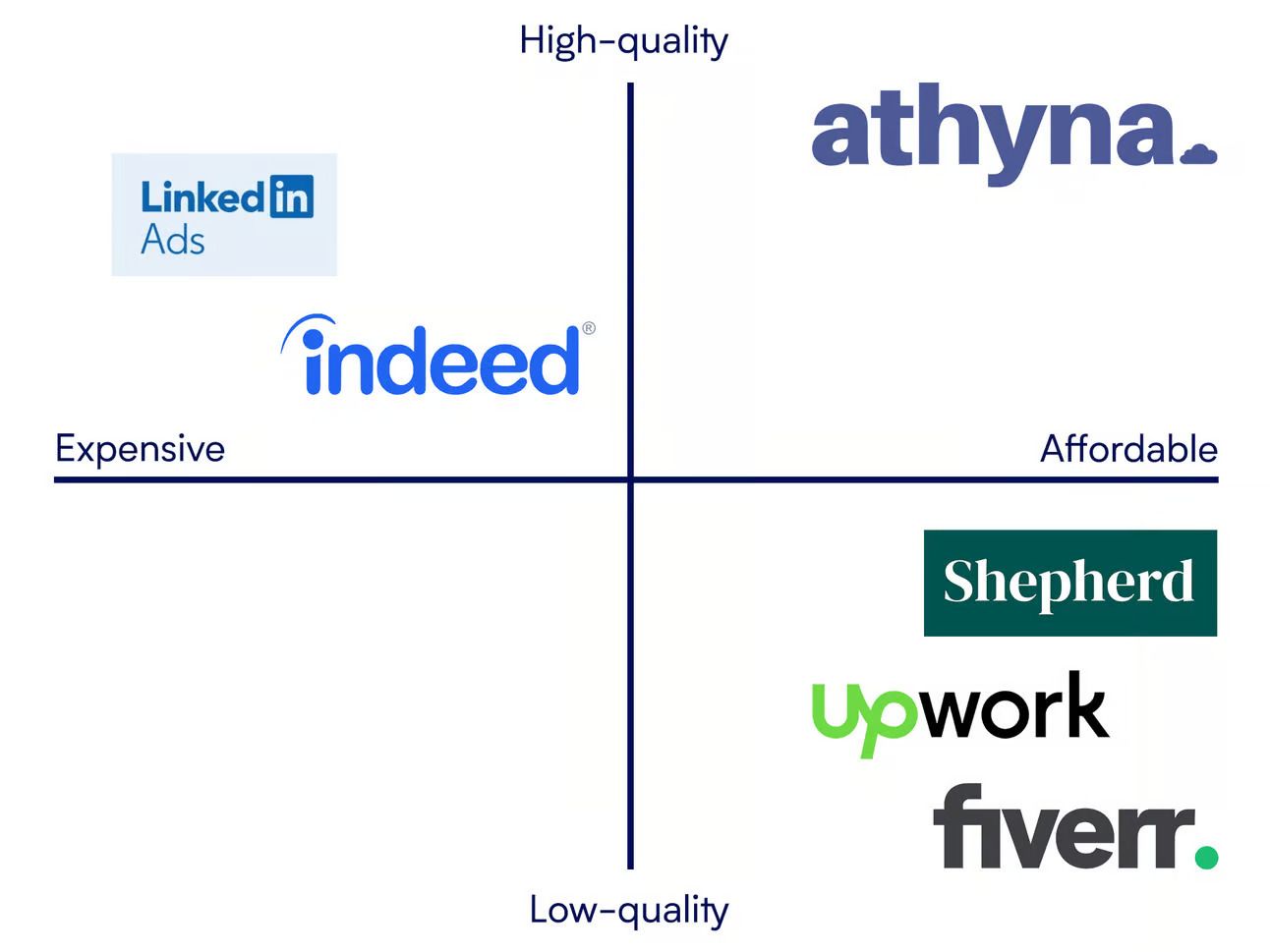
Good Morning. Welcome to all the new readers of Faster Than Normal who have joined us since last week!
Here’s what we’ll cover today:
Mental Model: Equilibrium.
Insight: Mastery.
Quote: Nature of Change.
Question: Self-Reflection through Perception.
Visual: What is Consciousness?
Cheers,
Alex
| Mental Model
Equilibrium: Embracing Homeostasis
Achieving equilibrium is a continuous process in which systems self-regulate to maintain balance and adapt to changing environments. It is essential to recognize that systems often overshoot or undershoot their equilibrium state, requiring constant adjustments. By understanding the limits of a system's range, we can better navigate the challenges of maintaining balance in various aspects of our lives.
Here are three key points to help illustrate the concept of Equilibrium:
1. Homeostasis: This self-regulating process allows systems to maintain a stable state in the face of fluctuating conditions. Homeostasis is fundamental for the proper functioning and survival of living organisms, as well as for the stability of various social, economic, and ecological systems.
2. Constant Adjustments: Like a pilot flying a plane, systems are more often off course than on course. They require continuous corrections and modifications to maintain their equilibrium state. This dynamic process highlights the importance of adaptability and resilience in achieving balance.
3. Understanding Limits: Within homeostatic systems, there is a range of equilibrium that determines the system's stability. By recognizing the boundaries of this range, we can make informed decisions to maintain balance and ensure the overall health and functionality of the system.
Here are some practical ways to implement equilibrium in your career, health, finances, and relationships:
1. Career:
Set boundaries: Define clear boundaries between work and personal life to maintain a healthy work-life balance.
Prioritize tasks: Focus on your most important tasks first, and learn to delegate or say no to tasks that may disrupt your balance.
Schedule regular breaks: Take breaks throughout the day and plan vacations or time off to recharge and prevent burnout.
2. Health:
Establish a routine: Create a balanced daily routine that includes regular exercise, healthy eating, and adequate sleep to maintain overall well-being.
Practice stress management: Develop stress reduction techniques such as meditation, deep breathing exercises, or journaling to help maintain emotional equilibrium.
Monitor health indicators: Regularly track key health metrics, such as blood pressure, heart rate, and sleep quality, to identify signs of imbalance and make necessary adjustments.
Seek professional help when needed: Consult healthcare professionals to address any health concerns and maintain your physical and mental well-being.
3. Finances:
Create a budget: Establish a financial plan that balances income, expenses, savings, and investments to maintain financial stability.
Build an emergency fund: Set aside funds for unexpected expenses to maintain financial equilibrium during emergencies or unforeseen circumstances.
Regularly review financial goals: Assess your financial progress and make adjustments as needed to maintain balance and achieve your financial objectives.
Practice mindful spending: Be conscious of your spending habits and make deliberate choices to allocate your resources effectively.
4. Relationships:
Prioritize quality time: Schedule regular time with your loved ones to nurture your relationships and maintain a healthy balance.
Practice open communication: Share your thoughts, feelings, and concerns with your partner, friends, and family to maintain emotional balance and foster understanding.
Seek balance in giving and receiving: Maintain a balance between providing support to others and allowing yourself to receive support when needed.
By embracing the concept of Equilibrium, we can foster resilience, adaptability, and stability in various aspects of our lives, leading to increased well-being and personal growth.
Hire your next top performer in 5 days or less with Athyna.

Discover a new way of scaling your team. Athyna bridges the gap between extraordinary talent and exciting opportunities, giving your business access to a pool of world-class professionals. Build your dream team with ease, and forget about the hassle and complexities of traditional global hiring.
Athyna handpicks from 70,000+ talents to meet your needs.
Save up to 67% compared to local hiring costs.
No search fees. No activation fees.
Pay nothing until you find the perfect match.
Ready to find your dream team (for way less time and money)?
| Insight
Mastery is a journey, not a destination.
Challenge: Choose a skill you want to improve and write down three actionable steps to work towards mastery.
Example: If you want to become a better public speaker, you could join a local Toastmasters club, practice speaking in front of a mirror, and seek feedback from others.
| Quote
Terence McKenna, an ethnobotanist and philosopher, on the nature of change:
"Nature is not our enemy, to be raped and conquered. Nature is ourselves, to be cherished and explored."
| Question
If the people closest to me were asked to describe my character, what words would they choose, and are those the qualities I aspire to embody?
A Visual I Enjoyed

Credit: informationalisbeautiful.net
Have a wonderful Wednesday, all.
Until next time,
Alex
| P.S. — My Weekly Picks
Write to Excite by Wolf Olins. The resource I want to share with you is full of practical advice and insights on the art of public speaking. From storytelling techniques to body language and slide design, this presentation guide covers it all.
25 Secrets of Influence and Persuasion by Life Lessons. An interview with David Snyder, Hypnotist, NLP Master Practitioner, trainer, and one of the worlds leading experts on the art of Influence and Persuasion.
How to Quit Your Job by Matt Yao. The secrets to gracefully transitioning from your current job to a fulfilling new path.

